It was one of those blink-and-you-missed-it moments which shows the impact a certain moustachioed footballer has had on life in Aberdeen since the 1980s.
On my taxi journey to Robert Gordon University a few days ago, the cabbie asked what job I was working on and I mentioned I had arranged a meeting with Willie Miller.
“You’ve got that wrong, haven’t you?” he said. And I quizzically asked what he meant.
“Well, surely you mean Gothenburg Great Willie Miller, don’t you? Or just… God!”
For people of a certain age in the north-east of Scotland, this isn’t so much hyperbole as a statement of the bleedin’ obvious. Alex Ferguson, his long-time boss as Pittodrie during a run of unprecedented triumphs, described Miller as his “mirror” on the pitch; the tough-as-teak Captain Fantastic who occasionally interrogated referees with the vigour of Herr Flick and drove countless opponents to distraction.
His CV is a testament to how this philosophy thrived, both at Aberdeen where he skippered his team to victory in the European Cup Winners Cup final over Real Madrid in Gothenburg in 1983, and for Scotland, with whom he won 65 caps, appeared at two World Cups and was one of their stellar performers throughout that halcyon period.
Dons fans voted him their greatest-ever player in a centenary poll in 2003 and, even at the age of 67, he is inspiring youngsters in Aberdeen and his name will be attached to the new Cruyff Court amenity which is being created in the Tillydrone area of the city.
Yet, this piece of Miller time wasn’t organised to focus on his own achievements, but to allow him to pay homage to one of his international counterparts, Denis Law, who has never forgotten his early days growing up in poverty in the city’s Printfield Terrace; a time where he couldn’t even afford a pair of football boots until he was a teenager.
Those memories sparked a desire in the future Manchester United talisman to do his utmost to ensure that kids, from any background, should have free access to sporting facilities. And that led to the creation of the Denis Law Legacy Trust a decade ago.
It now offers a variety of award-winning programmes and initiatives across the Granite City which have provided thousands of youngsters with an opportunity to participate, meet friends, boost their confidence and discover the benefits of healthy exercise.
The Trust has just decided to appoint its first ambassador to further promote its aims and campaigns and enhance its profile – and who better to do that job than Miller?
It’s a role which he accepted with alacrity and, even as he gazed at a poster of the Lawman in his famous pose, arm aloft after scoring yet another goal, there was a steely glint in his eye as she spoke about his admiration for Denis in his pomp.
Miller said: “You can’t exaggerate his influence was on the game. He’s the only Scottish player to have won the Ballon d’Or [the Golden Boot] in 1964, Pele once said that he was the only British player who would have walked into the great Brazilian side of the 60s and, putting it simply, he is the greatest Scottish footballer who has ever lived.
“But it isn’t just his playing ability which means he is held in huge respect, because even now, he is helping to create a legacy for young people in his home city and I think everybody involved with the Trust deserves a lot of credit for the work that’s being done.
“I’m proud to help in a small way, but the organisation is well run, and it’s the work of the full-timers and the volunteers which deserves the real praise. Times are tough for many families, but if I can help spread the word, it will be an honour to do so.”
Even now, nearly 40 years after the Dons reigned in Europe, Miller admits it’s difficult to believe how much football has changed. A conveyor belt of managers have toiled at Pittodrie – including him, as if to prove even giants can occasionally stumble – but the symbiosis which developed between him and Ferguson was truly the stuff of legend.
He told me: “I sometimes wonder where the last 40 years have gone, but you can’t take it away from Aberdeen: they were there in the list of European winners, sandwiched by Barcelona [in 1982] and Juventus [in 1984], which is good company to be keeping.
“It wasn’t a fluke either. We didn’t just beat Real in the final, but we knocked out Bayern Munich in the quarter-finals on one of the momentous nights in Pittodrie history. Wherever I go, I meet people who remember every detail of that match as well as they do the final and you can see what it means to them and how it lifts their spirits.”
He and Ferguson were pivotal figures in the dressing room and, while they occasionally squabbled and bickered, the results spoke for themselves about their ability to transform the whole culture of a club. And although lightning might not strike twice and Miller is realistic about the vast financial gulf between the haves and have-nots in the modern game, he thinks the current Aberdeen personnel should be inspired, not intimidated by what happened in the past when the Dons regularly jousted with giants.
He said: “Alex had his ideas on how the game should be played and I had mine, but we saw each other’s point of view and there was a compromise. It all clicked.
“His aggressive style of man-management didn’t bother me; in fact, it helped. Perhaps he could have changed the style for other players who couldn’t take it, but his great strengths were his tactical ability and his motivation. He knew how to tackle the very best opponents and had the knack of choosing the right players for the occasion.
“And, over the piece, you just can’t argue with what he achieved in his time at Aberdeen before he left [to join Manchester United in 1986]. The championship titles, the Scottish Cups, the success in Europe… it’s all there for everybody to see.”
Ferguson was bestowed with the Freedom of the City by Aberdeen City Council in 1999 and his confrere Law was the last to receive the honour five years ago. The local authority is considering whether to grant it to another recipient and, if they look at the candidates, it must surely be very difficult for them to move far beyond Willie Miller.
Or rather, as the taxi driver insisted: “Gothenburg Great Willie Miller.”
FIVE QUESTIONS FOR WILLIE MILLER
1. What book are you reading? “I’m enjoying Managing my Life [by his old gaffer Sir Alex Ferguson].
2. Who’s your hero? “Pele – he had everything”.
3. Do you speak a foreign language? “No”.
4. Favourite band or music: “Frank Sinatra”.
5. Most prized possession? “Oh, it has to be my European Cup Winners Cup medal from 1983.”
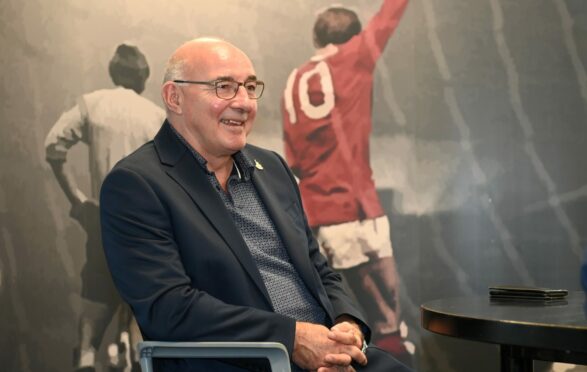
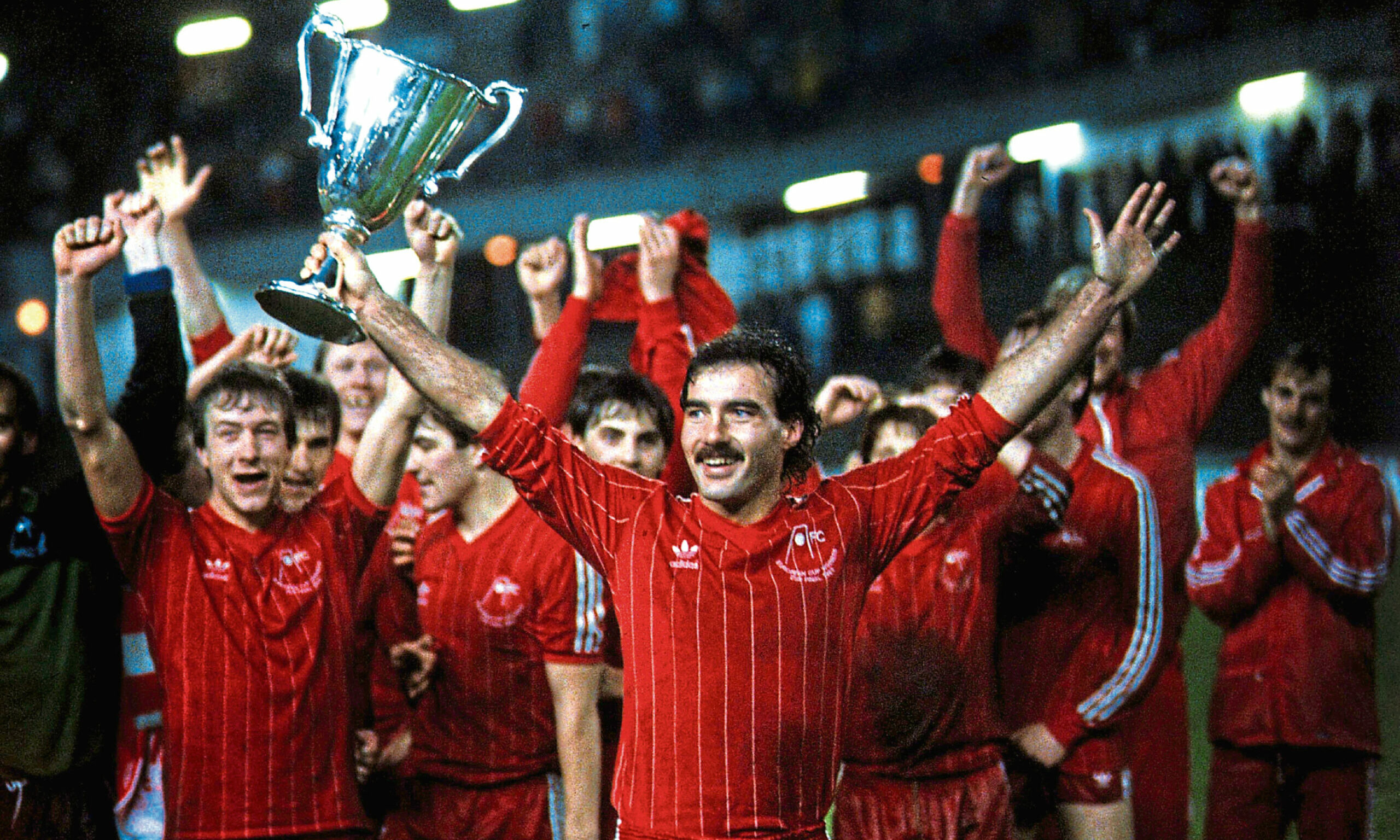
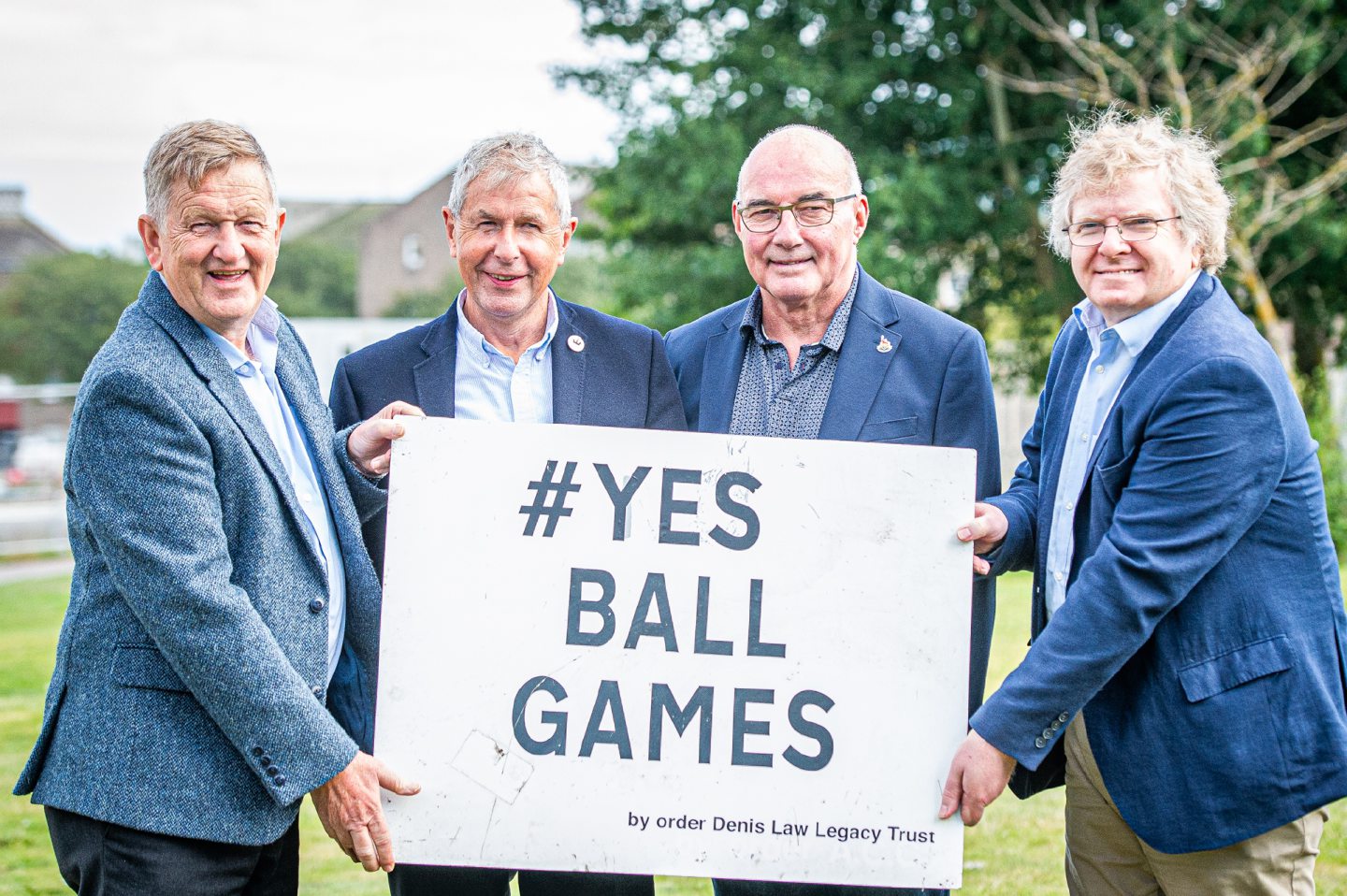
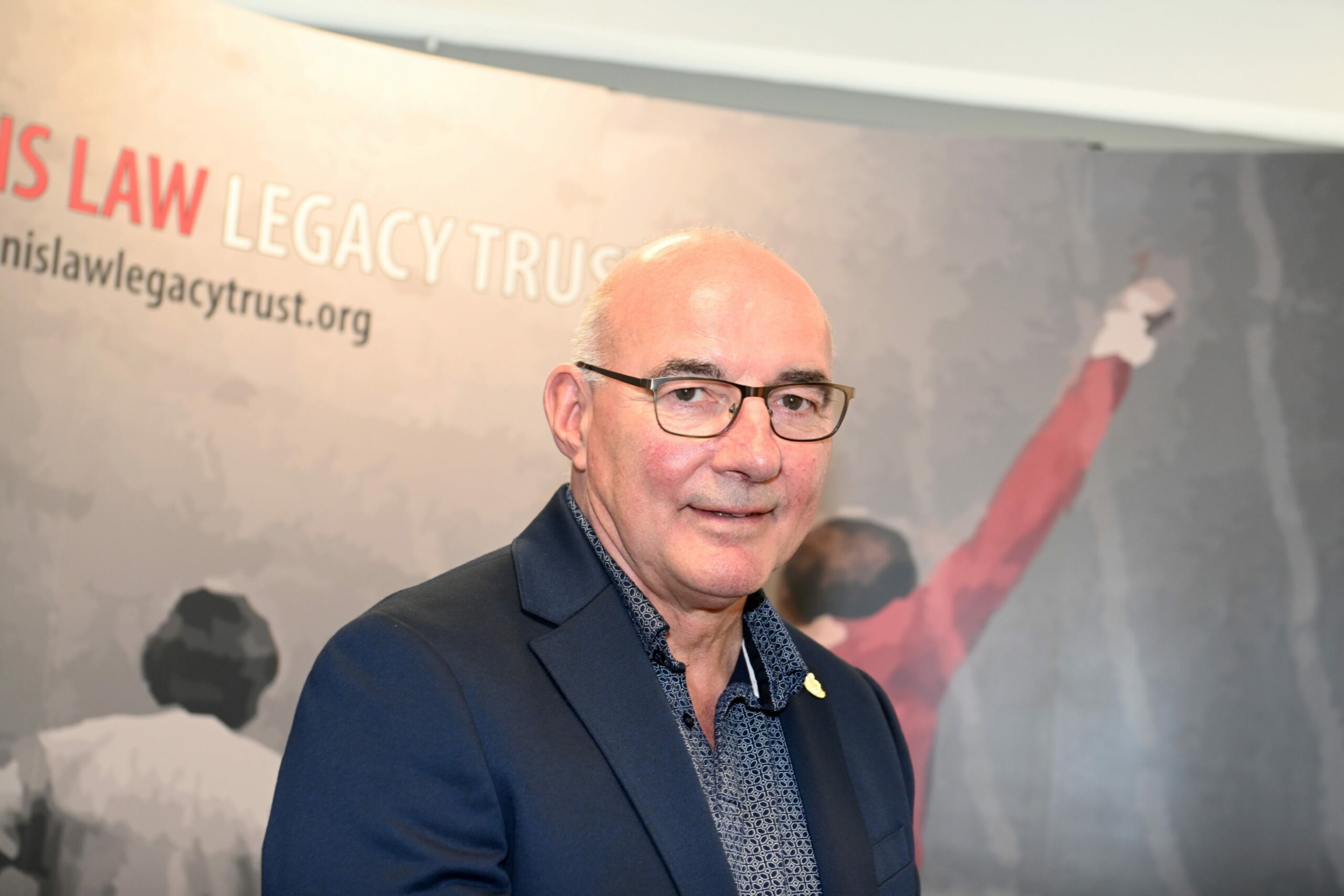
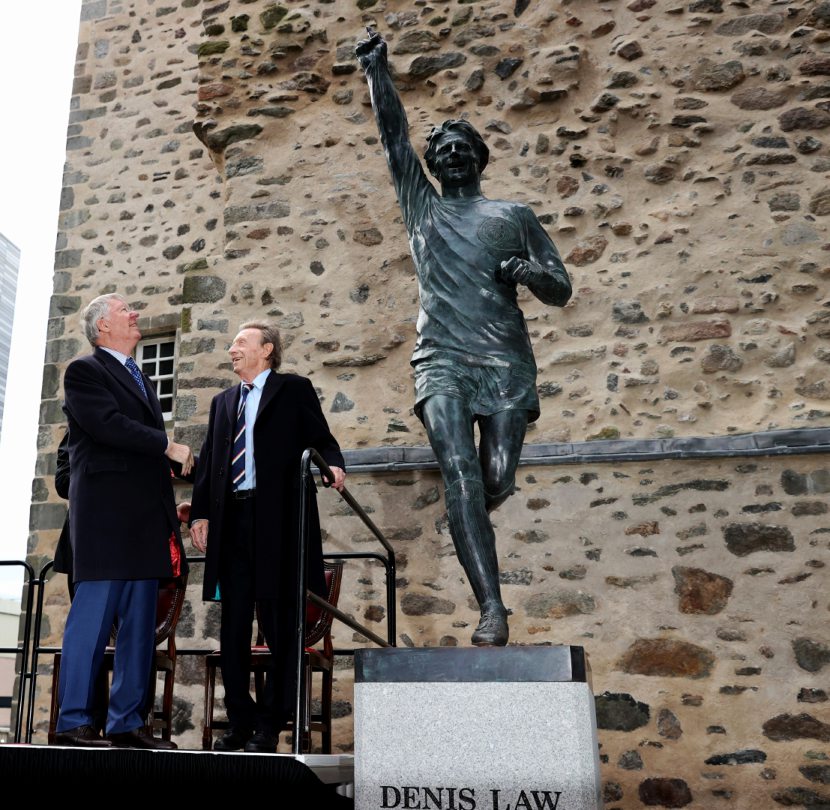
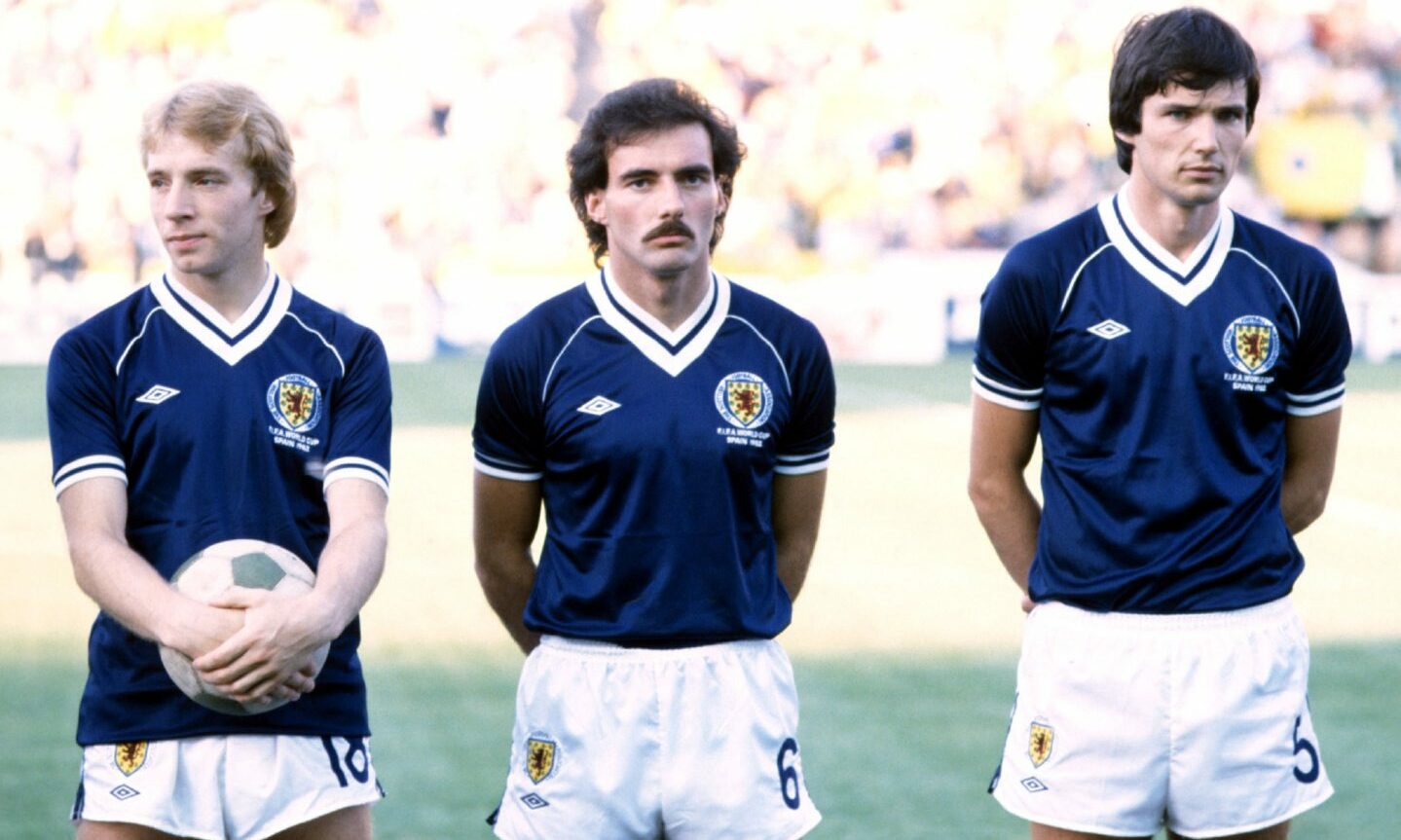
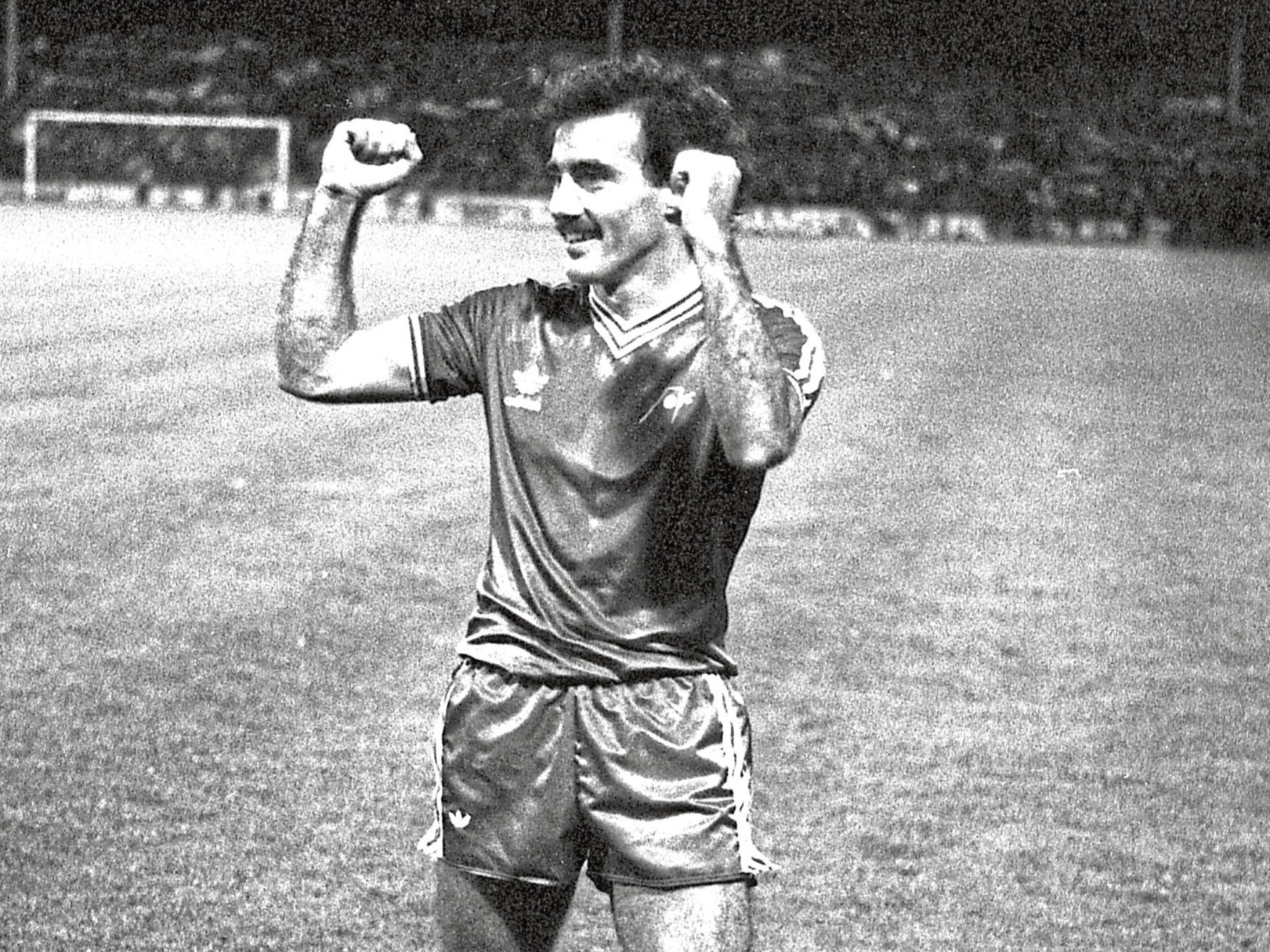
Conversation